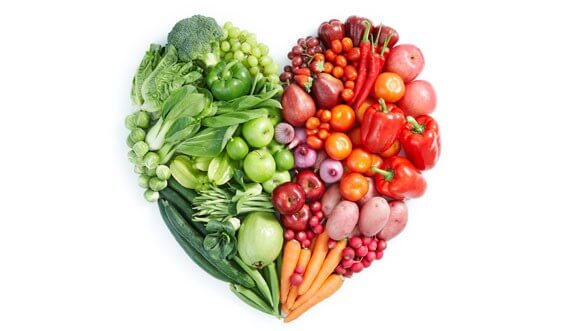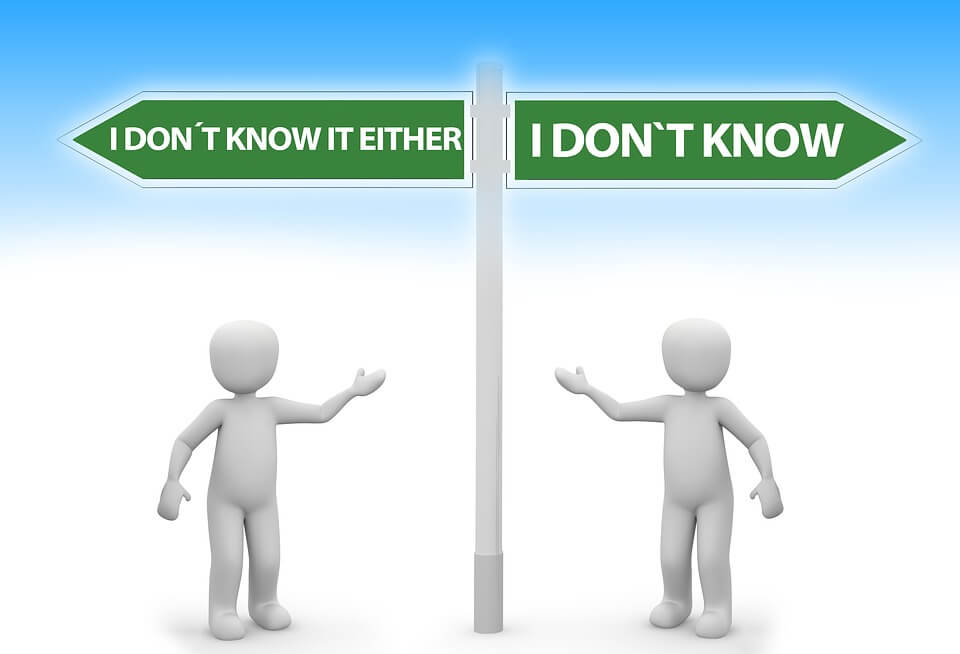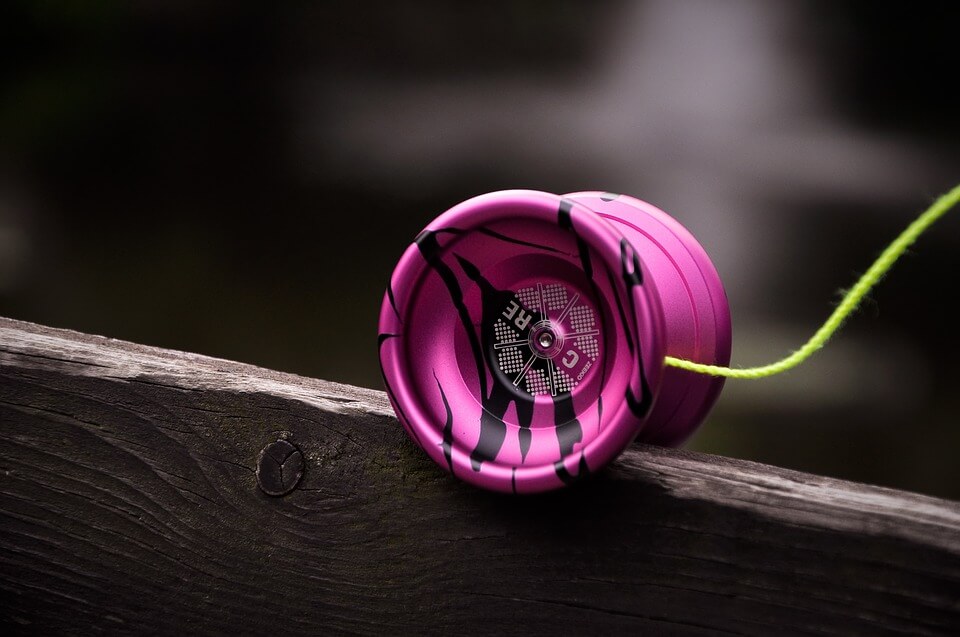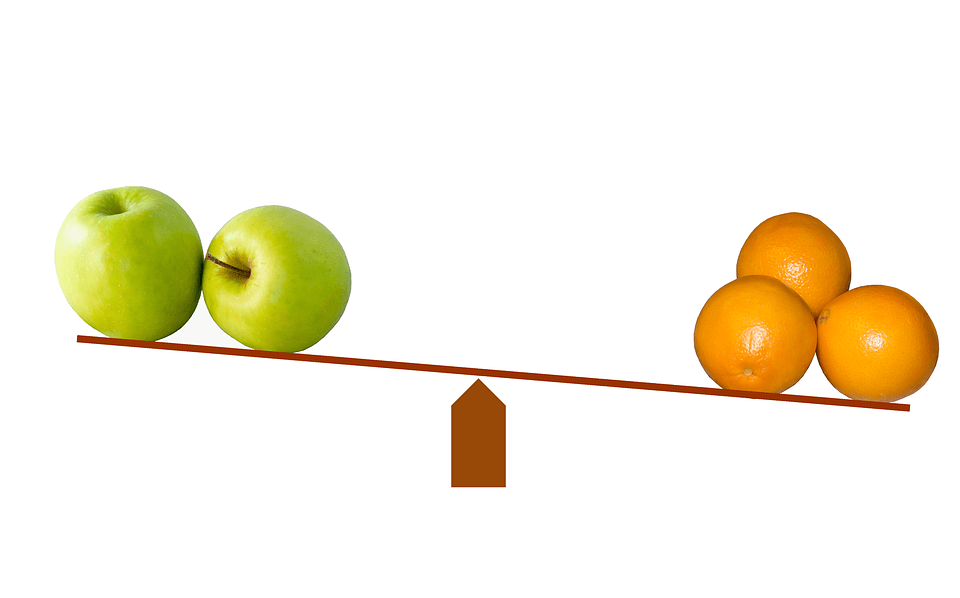I recently received this email. . .
Hi Cathy,
I am one-year post-breast cancer diagnosis and struggling with healthy eating for the past 5 months.
I was at first very strict, afraid to eat and stressing about anything I ate. Now I am going crazy and eating crappy foods with too much sugar. Do you have any suggestions for me on how to find that balance? Thank you.
I’m so grateful to the person who sent this my way. It’s a question that speaks to the real struggle many women in the post-treatment, hormone-positive breast cancer community have.
The struggle is real for a variety of reasons, but in this post, I’m exploring two of the most common:
- A lack of knowledge about WHAT to eat
- A desperate need for CONTROL
Let’s look at each independently, then wrap up with seven ways to regain a healthy balance.
Lack of Knowledge About WHAT to Eat
Even without a breast cancer diagnosis, many women want to know: “What’s best to eat for my health?”
In my experience, this is code for “what will help me lose weight?”
Listen, you already know what the best foods are for your health: lots of fruits and veggies, lean protein (mostly plant-based), healthy fats, complex carbohydrates, fiber and calcium (that’s not all-inclusive, but it’s a solid start.)
But that “boring” nutrition message doesn’t promise anything spectacular in return (i.e. rapid weight loss), so the tendancy is to discard it and continue searching for the magic bullet.
Just so you know? That message won’t change. The research supporting a plant-based diet is only getting stronger. Want to know what’s good for you to eat? Start there.
The problem is, women are sold the message that being thin at all costs is THE HEALTH GOAL. And let’s not forget the messaging around weight gain and increased risk of recurrence.
With this mindset, doing battle with your body’s true hunger is considered normal and expected.
You’re bombarded with so many different “diet” messages, it’s easy to get overwhelmed and confused. One week it’s the Mediterranean diet. The week after it’s a push to “go vegan.”
For some women, breast cancer treatments and medications lead to weight gain. Trying to find the “right” diet that keeps you both thin AND healthy in survivorship not only gets confusing, it can feel like a life or death decision.
When you’re first diagnosed, every decision about what to eat feels scary. It’s as if making the “wrong” choice will somehow jeopardize your health, treatment response, and even recovery and recurrence risk.
Those thoughts can be so powerful and persuasive that you begin to question even healthy food choices, like fruit. Maybe you’ve heard bananas have lots of calories or too much “sugar”.
When you have those thoughts, your natural response is to drastically limit or eliminate any food that appears even slightly “unhealthy.”
Sadly, everything you eliminate/avoid tends to be foods you enjoy, so it’s not long before a feeling of deprivation sets in.
And that is a completely unsustainable way to eat and live.

A Desperate Need for Control
The reader who reached out is one-year post-diagnosis and has been struggling with healthy eating for five months. That suggests to me she was most strict and fearful about food at a time coinciding with active treatment; when everything feels out of control and overwhelmingly urgent.
Active treatment is like being in a building when the fire alarm goes off – and getting stuck there – for months.
The need to feel “in control” during those urgent months is normal. Unfortunately, exerting such tight control over food elevates the feeling of deprivation because your food choices are even more limited.
But active treatment doesn’t last forever.
Once all the medical appointments, lab tests, EKG’s, surgeries, radiation and/or chemotherapy sessions are over, that alarm goes silent, and you tend to relax ever so slightly.
That’s when the tight control over food begins to loosen, and the pendulum of severe restriction can swing dramatically far in the opposite direction. That’s when it feels like your eating is out of control, especially for foods you’ve labeled “off limits.”
The Heart and Breast Health Connection
When your food intake swings from one extreme to the other, your weight tends to follow. This is known as “weight cycling” or “yo-yo dieting.”
Some (not all) research suggests that weight cycling and the accompanying fluctuations of cardiovascular risk variables like blood pressure, heart rate, blood glucose, lipids, and insulin (which may overshoot normal lab values) could put additional stress on the cardiovascular system. (1)
How to Find Balance
- Your PATTERN of eating is much more important than any one single food.
- Aim to eat a nourishing diet most often, but remember to leave room for “treat” foods.
- Research supports plant-based diets as beneficial for reducing recurrence risk AND overall health, but that doesn’t mean you must eat a 100% vegan diet.
- Most women could easily put more plants on their plates; that’s a good place to start eating better. Push meat and other animal foods to the side, filling your plate 2/3-3/4 with fruits, veggies, nuts/seeds, whole grains and legumes, peas and lentils. Only go vegan if you feel like you can sustain it, and I encourage you to get guidance on how to do it in a balanced, healthy way.
- Sugar doesn’t cause breast cancer.
- Uncontrolled levels of insulin or blood sugar from ALL carbohydrates play a role in potentially increasing breast cancer risk. ADDED dietary sugar has a significant impact on the development of breast cancer, but the data is inconsistent and the mechanism is unclear.
- Keep “treat” foods in your diet.
- It’s impossible to cut out your favorite foods forever, so aim to eat smaller portions and avoid the “all or nothing” mentality.
- Learn which foods make you feel best.
- Aim to eat primarily health-supportive foods (like those in bullet point #2) that give you energy and support your immune system and a healthy gut microbiome.
- Try building your daily meals around those foods, paying attention to how different foods and food combinations make you feel. Generally, highly nutritious foods make you feel highly energetic and healthy!
- Lose the “good food/bad food” mindset.
- When you categorize foods as “good or bad”, you label yourself “good” or “bad.” You’re not, and neither is the food.
- Regardless of your weight, be kind to yourself.
- Some days you may want only a steady diet of croissants with jam and mugs of hot, sweet tea. Give yourself permission to eat foods and beverages that sound/taste/feel good without beating yourself up.
TAKE HOME MESSAGE: while research shows that maintaining a healthy body weight has been shown to reduce the risk of both heart disease and breast cancer, dieting culture and the pursuit of weight loss have potential side effects that aren’t often talked about; obsession with food, yo-yo weight fluctuations, guilt and shame. Aiming to adopt healthy behaviors and habits, regardless of your body weight shifts the focus to overall health, and is a kinder, gentler approach to self-care.
___________________________________________________________
Thanks for reading my blog post! Inspired and/or enlightened by what you read? Be sure to subscribe so you never miss a new post.
Subscribe by CLICKING HERE to get your FREE copy of The Five Foods Survivors Should Eat
CLICK THIS LINK and watch my 2-minute Peaceful Plate program video!
Follow me on Instagram @hormone.breastcancer.dietitian
This information is for educational purposes only and is not intended as medical advice. Please consult your dietitian or doctor for guidance specific to your needs.
___________________________________________________________
SOURCE




